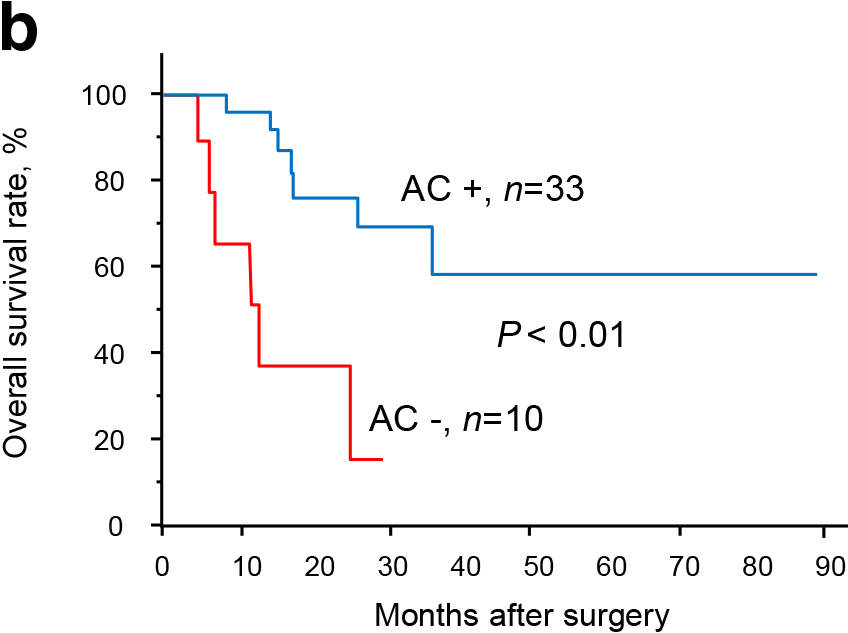- J-STAGE home
- /
- The Japanese Journal of Gastro ...
- /
- Volume 54 (2021) Issue 10
- /
- Article overview
-
Daisaku Yamada
 https://orcid.org/0000-0002-6702-3800
https://orcid.org/0000-0002-6702-3800
Department of Gastroenterological Surgery, Osaka International Cancer Institute Department of Gastroenterological Surgery, Graduate School of Medicine, Osaka University -
Hidenori Takahashi
Department of Gastroenterological Surgery, Osaka International Cancer Institute
-
Yosuke Mukai
Department of Gastroenterological Surgery, Osaka International Cancer Institute
-
Kei Asukai
Department of Gastroenterological Surgery, Osaka International Cancer Institute
-
Shinichiro Hasegawa
Department of Gastroenterological Surgery, Osaka International Cancer Institute
-
Hiroshi Wada
Department of Gastroenterological Surgery, Osaka International Cancer Institute
-
Chu Matsuda
Department of Gastroenterological Surgery, Osaka International Cancer Institute
-
Masayoshi Yasui
Department of Gastroenterological Surgery, Osaka International Cancer Institute
-
Takeshi Omori
Department of Gastroenterological Surgery, Osaka International Cancer Institute
-
Hiroshi Miyata
Department of Gastroenterological Surgery, Osaka International Cancer Institute
2021 Volume 54 Issue 10 Pages 665-678
- Published: October 01, 2021 Received: - Released on J-STAGE: October 27, 2021 Accepted: March 24, 2021 Advance online publication: - Revised: -
(compatible with EndNote, Reference Manager, ProCite, RefWorks)
(compatible with BibDesk, LaTeX)


